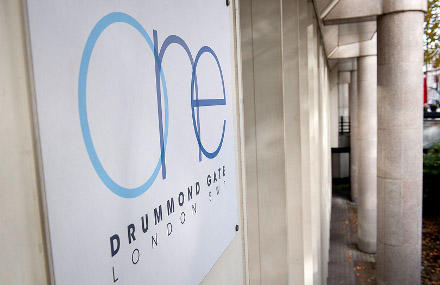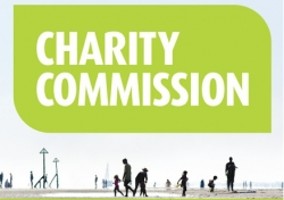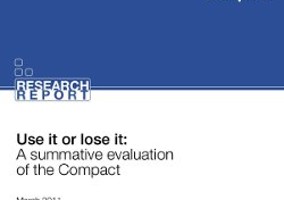The director of a now defunct Doncaster mental health charity, “seriously mismanaged” the organisation, bullied beneficiaries and intimidated fellow trustees, according to a Charity Commission inquiry report.
The report, published by the commission today, showed the regulator opened a statutory inquiry into the then registered Doncaster-based charity Rebound Gateway Group on 3 April 2012. The Charity Commission had been contacted by the Doncaster Council’s Safeguarding Adults Board with “serious concerns regarding the activities of one of the charity’s trustees” who was also the organisation’s director and chief executive.
The trustee in question was also found to be a director of Rebound Doncaster Trading Ltd (RDTL) a commercial company associated with the charity which, amongst its other activities, “rented and ran a multi-occupancy property in Doncaster, for people with mental health issues”.
The statutory report into the inquiry, which closed on 22 September 2016, concludes that the charity was seriously mismanaged and that the trustee in question kept “incomplete records” and ran it “through another company, RDTL”. The regulator found “no clear distinction between payments being made to or by the charity and RDTL,” which made it “difficult to account for charitable funds”. It also found “serious concerns regarding the activities and personal conduct” of the trustee concerned.
Findings by the regulator
Having opened the inquiry in April 2012, the regulator sent representatives to speak with two former trustees of the Rebound Gateway Group in May of that year. During the interview, the former trustees informed the regulator that “all decisions relating to the charity were made by the trustee concerned”; that “any charity funds received were placed into RDTL’s accounts”, and accused the trustee concerned of intimidation.
The two former trustees also said that the trustee concerned received “regular nominal cash payments of £30-£40” from the charity’s beneficiaries in payment for services at Pillar House, “a centre which was run by the charity for the vulnerable adults”. Payments were made directly to the trustee concerned and no record of payments being banked by that trustee on behalf of the charity could be found, nor how they were used.
Subsequent investigations into the charity’s accounts corroborated the evidence given by the former trustees. Nor could the regulator find evidence that a “separate bank account had been set up on behalf of the charity” or indeed any minutes from trustee meetings.
The charity was removed as a charitable company from the register of companies at Companies House on 26 March 2013. The regulator’s inquiry was unable to trace the charity’s outstanding funds, nor recover any of them.
The Charity Commission endeavoured to remove the trustee concerned as a trustee, which would mean the trustee could not act in that capacity at another charity in the future. However, given that Rebound had dissolved, the regulator was unable to take such action.
According to the report, the trustee “has never responded to any requests to provide information or for requests for them to meet with the commission”.
Comment from the regulator
Michelle Russell, director of investigations, monitoring and enforcement at the Charity Commission said the report highlights “the importance of clarity and public transparency” over what actions are taken by a charity and its trustees.
“This report highlights the importance of clarity and public transparency over what activities are truly run by a charity and what is run by a commercial body and the importance of good record keeping and audit trails when those relationships exist.
"It is also a reminder to all trustees of what can happen in a charity where there is an individual who takes on excessive levels of control or dominance and others involved do not challenge or intervene. Every charity needs an effective trustee body which has control over the administration of the charity and acts as a whole, especially because all trustees are equal in responsibility.
“It is an important principle of charity law that trustees of a charity are collectively responsible for its proper management and that they should act together, in accordance with the requirements of their governing document and the law."
Related Articles













